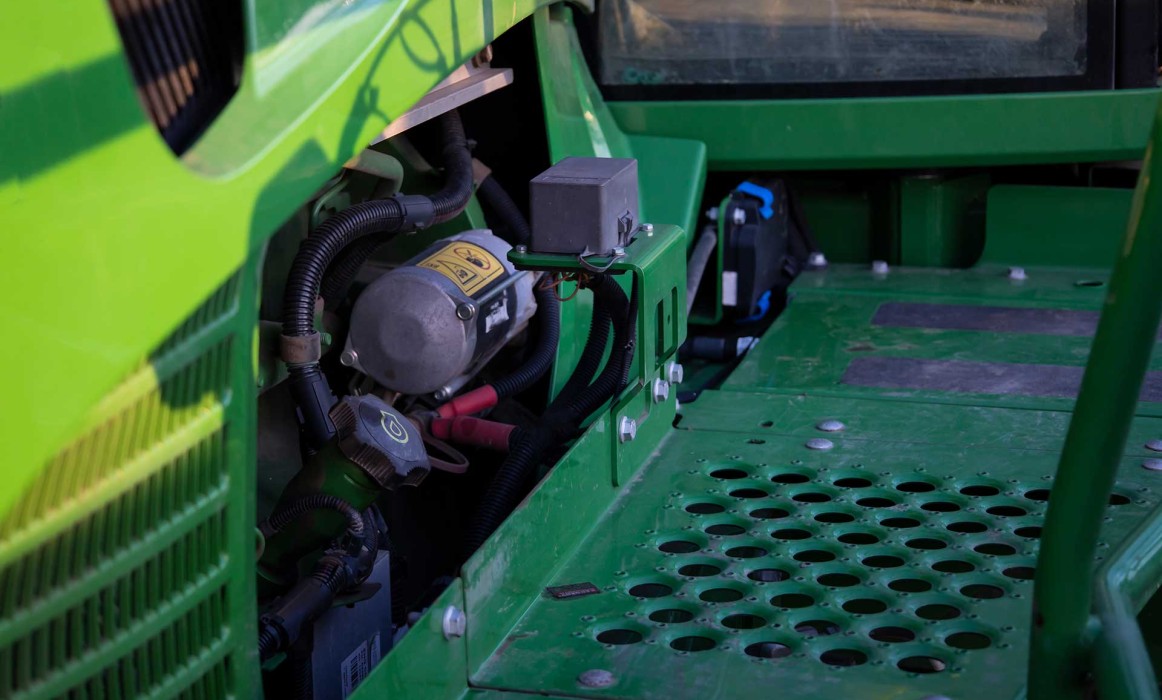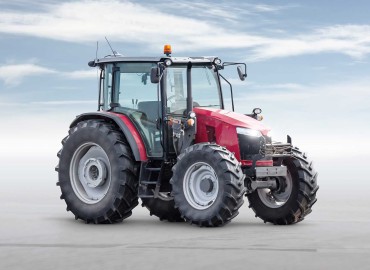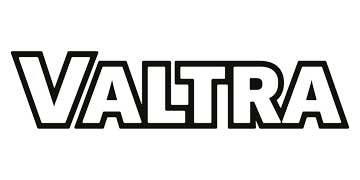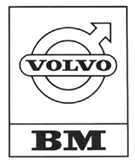Tractors are the unsung heroes of agriculture, supporting farming operations in fields, farms, and gardens. To ensure these powerful machines operate seamlessly, proper maintenance is essential. Paying attention to your tractor battery is crucial for its optimal performance. So, how can you maintain your tractor battery? How do you know when it needs to be replaced?
The Importance of Battery Maintenance
The tractor battery provides the necessary energy to start the engine. A problem with the battery can lead to sudden breakdowns and disruptions in your work. Regular maintenance helps prevent potential issues, extends the battery’s lifespan, and ensures efficient performance.
Regular Inspections
Regular inspections are essential for keeping your tractor battery in good condition. Frequently check the terminals and connections. If you find oxidation or rust on the terminals, clean these areas. Rusty terminals can hinder the battery’s power transmission, negatively impacting your tractor’s performance.
Cleaning and Maintenance
Ensure the surface of your battery is clean. Dust, dirt, and moisture can reduce battery performance. Regular cleaning helps maintain efficient operation. During cleaning, check and clean the battery terminals if necessary. Be cautious and wear protective gloves, as acidic batteries can be hazardous. Take appropriate safety measures during the cleaning process.
Checking the Water Level
Regularly check the water level in your battery to maintain its performance. Ensure that the water level in the battery cells is sufficient. If the level is low, add distilled water to top it up. Never use tap water, as it contains minerals that can shorten the battery’s lifespan.
Monitoring Charge Status
Regularly check your battery’s charge status. Low charge can impair the battery’s performance and shorten its life. Ensure the tractor’s alternator is functioning properly, as it charges the battery. If the alternator is faulty, the tractor battery may not charge adequately, affecting its performance. You can periodically connect the battery to a charger to check if it’s fully charged.
Tips for Replacing the Tractor Battery
Over time, your tractor battery may lose its performance and need replacement. Here’s how to determine if your battery needs to be changed:
- Difficult Starting: If your tractor’s engine starts with difficulty or doesn’t start at all, the battery may end its life.
- Low Voltage: If the battery voltage is low and it isn’t providing adequate power, it may need to be replaced. You can measure the battery voltage with a voltmeter.
- Swelling and Deformation: If you notice swelling or deformation in the battery, it indicates the battery’s life is over. Replace it immediately.
- Frequent Discharge: If the battery frequently discharges and doesn’t recharge quickly, it’s likely time for a new battery.
Choosing a New Battery
When purchasing a new tractor battery, several important factors must be considered. Selecting a battery that matches your tractor’s model and needs is crucial for performance and longevity. The battery’s capacity, voltage, and size should be compatible with your tractor. Additionally, choosing a high-quality and reliable brand will provide better results in the long run.
Regular maintenance and timely replacement of your tractor battery enhance its performance and extend its lifespan. Simple maintenance steps such as regular inspections, cleaning, and checking water levels help keep your battery in good condition.
Remember, the tractor battery is crucial for uninterrupted agricultural operations. Don’t neglect it—perform regular maintenance and ensure long-lasting, efficient use of your tractor!
 en
en  tr
tr 






























